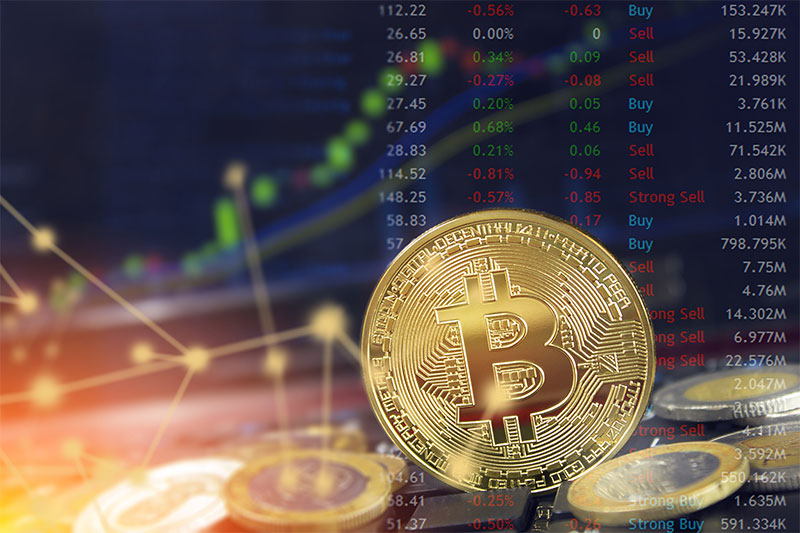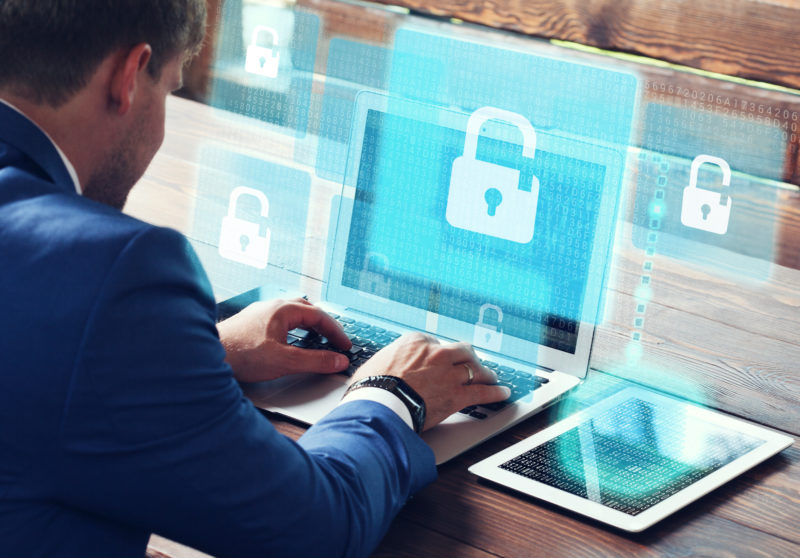Those of you reading this who already have a general knowledge of Bitcoin (and other cryptocurrencies) will no doubt be aware that safety is one of th
Those of you reading this who already have a general knowledge of Bitcoin (and other cryptocurrencies) will no doubt be aware that safety is one of the most talked about points within the community. Enthusiasts are constantly upgrading their tech and coming up with new and interesting ways to ensure their crypto is safeguarded.
It’s only natural that people want to keep their investments safe; even if they only use cryptocurrency as a convenient way to store savings or make simple online purchases. Nobody wants to be taken advantage of, especially if they have a lot of their finances tied up in the digital currency.
With that in mind, this article is going to provide some advice on how you can safeguard your precious cryptocurrency, and what tactics and strategies you can use to ensure that hackers (and other criminals) don’t get their hands on it.
But first, let’s take a quick look at examples from the past of when security wasn’t up to scratch, and see what exactly can go wrong without the right precautions.
Past cryptocurrency incidents
You might be surprised at some of the thefts that have occurred over the past few years. Some of the items on the following list are more ‘Ocean’s Eleven’ than a simple hack.
Gox
Perhaps the most infamous of crypto-hacks, Mt. Gox has actually been involved in several incidents. The exact details surrounding the first event are still vague, but an unknown user account somehow managed to steal over 25,000 Bitcoin from the exchange. They were never caught, although they’re suspected of being based in Hong Kong.
The next event is still unconfirmed, but a leaked crisis strategy draft seemed to indicate that someone spent years trying to gain access to Mt. Gox, and eventually got away with a whopping 744,408 Bitcoin! An absolutely insane amount.

Bitfinex
Back in August of 2016, the exchange platform Bitfinex suffered a catastrophic hacking heist. The theft resulted in the loss of over 120,000 Bitcoins, a crazy number considering the price of Bitcoin today.
Just hours after the hack the price of Bitcoin plummeted as a direct result of the theft. To add insult to injury, none of the users ever received compensation for the cryptocurrency they had lost.
In June 2018 the platform experienced another hack but, thankfully, this time the hackers only disrupted trading operations and weren’t able to make off with any more Bitcoin.
BitFloor
BitFloor no longer exists, and the hack that it experienced back in 2012 is relatively unknown. However, it had to be included on the list because it was one of the most easily preventable heists.
The assailants were able to make off with a cool 24,000 Bitcoin; which would be a massive amount with the current prices. They managed to do this by exploiting BitFloor and gaining access to users’ private keys!
Thankfully, BitFloor was able to refund the users the Bitcoin they had lost.
As you can see, worrying about a cryptocurrency hack isn’t exactly without precedent. Although we’ve only chosen to showcase the big-name ‘heists’ that have occurred, criminals will take what they can from anywhere – it’s not just the large corporations that have fallen foul of theft.
How can I safeguard my crypto?
In this last section, we’re going to go over the four basic principles of safety when it comes to safeguarding your cryptocurrency. Although none of these is sure-fire ways to prevent any kind of hack or theft (is anything truly 100% secure?) they present the best possible way to keep you safe.
The basics
At the most basic level of security, it’s always important to understand what you’re working with completely. Before buying or selling any kind of cryptocurrency, make sure you know the ins-and-outs like the back of your hand.
The next most basic rule is to only access your accounts through safe computers! Do not, under any circumstances, view accounts or make trades on shared computers, such as; at work, in a library, even a roommate’s laptop.
Adding on to the previous point, a safe network is just as important as a safe computer. DO NOT access your accounts using public or unverified WIFI networks. If at all possible try and use an Ethernet cable, for that extra level of security.
Also, make sure to disable any untrusted plug-ins in use and bookmark all of the sites that you use. Fraudsters have proven to be very skilled at imitating websites and faking login pages to try and snag your details, so be safe!

Password safety
Passwords are easier than ever to store and keep secure nowadays, so there is NO excuse for weak passwords like ‘123456789,’ or your pet’s name. Generate a password that can’t be guessed for all your accounts, with a heavy dose of numbers and special characters.
Keep all passwords unique and only use them on one website. Don’t use the same password for every website or application you use as that’s just asking to be hacked.
Ensure that the application you use makes use of two-factor authentication (2FA). This is an extra layer of security for you and should be common practice across most secure websites.
Wallets
When it comes to what wallet you should use to store your cryptocurrency the best possible option you can go for is using an offline wallet. If your account isn’t connected to the internet then the chances of you falling foul of a hack are very slim indeed.
Many people who have a significant amount of cash tied up in cryptocurrencies look towards hardware wallets or cold wallets, both of which are good options. Cold wallets are essentially just separate computers that are NEVER attached to the internet. Use sites like bitcoin prediction market or bitcoin exchange markets ONLY if you want to sell your BTC quickly, don’t store your coins there for a longer period of time.
Diversify your security
As previously stated, none of these options is completely sure-fire ways of preventing loss or theft. They are, however, the best possible options. To round off this article here’s the last tip. Always remember to use multiple layers of security to protect your investments. If a hacker gets past one of your layers then they’ll still have to deal with the rest.



















































































































COMMENTS